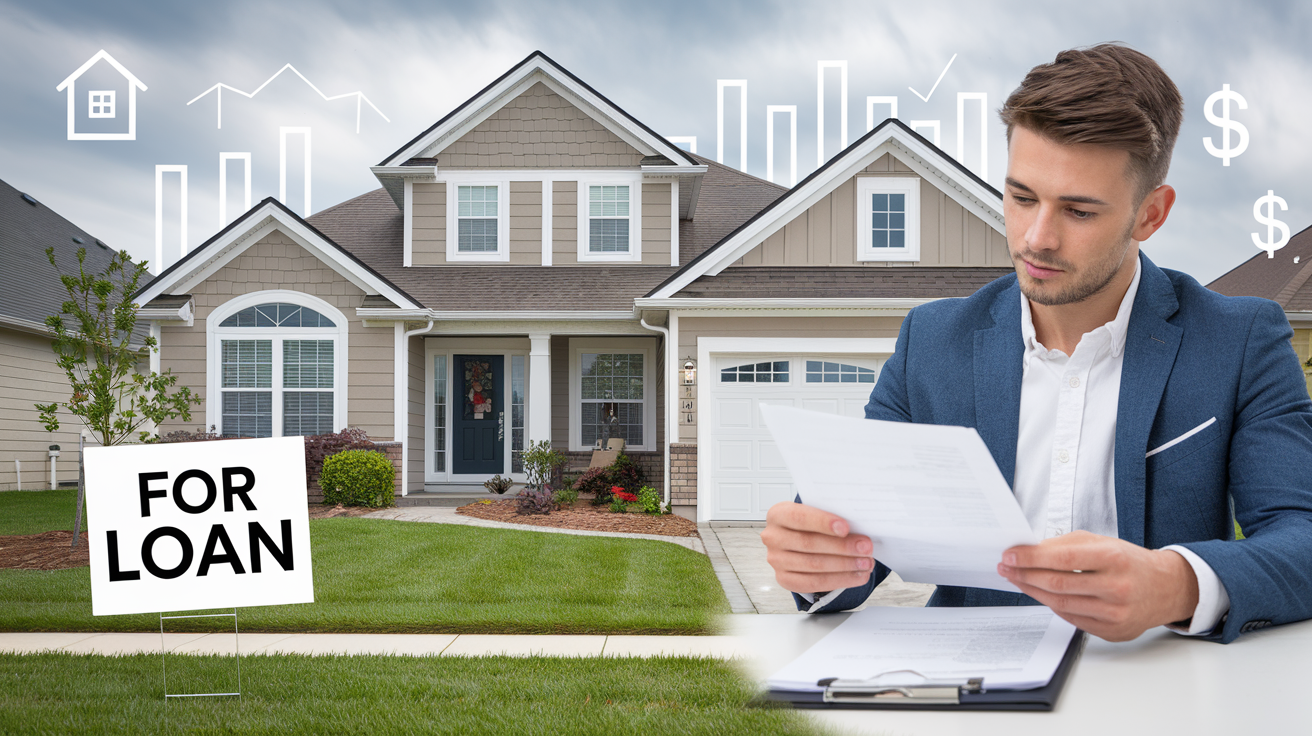Finding the best mortgage rates is essential for anyone planning to purchase a home or refinance their existing loan.
The mortgage rate you secure can significantly impact your monthly payments and the total cost of your loan. This complete guide will help you understand mortgage rates, current trends, and strategies to secure the best deal.
What Are Mortgage Rates?
Mortgage rates are the interest rates lenders charge for home loans. These rates are expressed as an annual percentage and play a crucial role in determining your monthly payments and overall borrowing costs.
Components of Mortgage Rates
- Principal and Interest: The core part of your mortgage payment.
- Taxes and Insurance: Additional costs factored into your monthly payments.
- Loan Type: Fixed or adjustable loans impact the rate structure.
Fixed vs. Adjustable Rates
- Fixed-Rate Mortgages: Provide a stable interest rate over the loan’s life, making them predictable.
- Adjustable-Rate Mortgages (ARMs): Begin with lower rates that adjust periodically based on market conditions.
How Are Mortgage Rates Determined?
Understanding how lenders set mortgage rates can help you navigate the market:
1. Role of the Federal Reserve
While the Fed doesn’t set mortgage rates, its policies influence the overall lending environment. For example, when the Fed raises the federal funds rate, mortgage rates often rise in response.
2. Economic Indicators
Key factors include:
- Inflation rates
- Employment statistics
- Gross Domestic Product (GDP) growth
3. Credit Score and Loan Type
Borrowers with higher credit scores typically secure better rates. The type of loan (FHA, VA, or conventional) also plays a role.
Today’s Best Mortgage Rates in the USA
As of today, here’s a snapshot of national averages and top offers:
1. Fixed-Rate Mortgages
- 30-Year Fixed: Average rate is around 6.5% with variations depending on lender and location.
- 15-Year Fixed: Typically offers lower rates, averaging 5.8%, but comes with higher monthly payments.
2. Adjustable-Rate Mortgages (ARMs)
- 5/1 ARM: Starts at an average of 5.6%, with periodic adjustments.
3. Top Lenders
| Lender | Rate (30-Year Fixed) | APR | Key Features |
|---|---|---|---|
| Quicken Loans | 6.4% | 6.5% | Fast approvals and flexible terms |
| Bank of America | 6.3% | 6.4% | Discounts for existing customers |
| Chase | 6.5% | 6.6% | Strong support for first-time buyers |
| Wells Fargo | 6.7% | 6.8% | Competitive rates with personalized service |
How to Qualify for the Best Mortgage Rates
Getting the best mortgage rate is about preparation and research:
1. Improve Your Credit Score
- Pay down debts and avoid late payments.
- Aim for a credit score of 740 or higher for optimal rates.
2. Shop Around
- Compare offers from at least three different lenders.
- Use online tools like mortgage rate calculators for personalized estimates.
3. Avoid Common Pitfalls
- Don’t make major financial changes (like switching jobs) before applying.
- Be cautious about taking on new debt.
Should You Lock in Your Rate Today?
Rate locking is a strategy to secure your mortgage rate before closing. Here’s what you need to know:
What is Rate Locking?
When you lock your rate, the lender guarantees it won’t change for a set period, usually 30–60 days.
Pros and Cons
- Pros: Protects you from rate hikes; gives peace of mind during the buying process.
- Cons: If rates drop, you may miss out on better deals.
When to Lock a Rate
- Lock your rate when rates are trending upward.
- Consider floating your rate if the market is stable or declining.
FAQs
1. How Often Do Mortgage Rates Change?
Mortgage rates can change daily or even multiple times a day based on market activity.
2. Are Adjustable Rates Risky?
They can be if market rates rise significantly. Fixed rates are safer for long-term stability.
3. What’s the Ideal Credit Score for a Good Rate?
A score of 740+ generally qualifies for the best rates, but options exist for lower scores.
4. How Long Can You Lock a Rate?
Most rate locks last 30–60 days. Some lenders offer extended locks for a fee.
5. What Are Points in Mortgage Terms?
Points are upfront fees you pay to lower your interest rate. One point equals 1% of the loan amount.
6. Do First-Time Buyers Get Better Rates?
First-time buyers may qualify for special programs with reduced rates or assistance.



